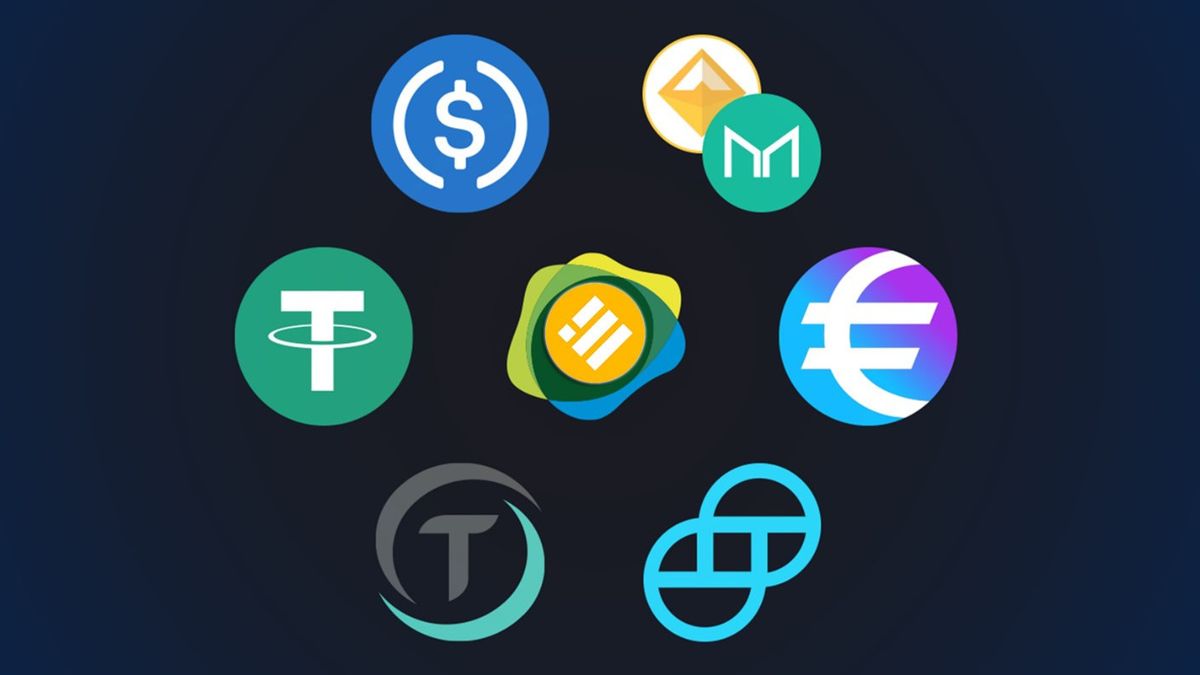JAKARTA - Hong Kong plans to become a major crypto center in Asia by introducing mandatory licenses for stablecoin publishers. Stablecoins are digital assets pegged in fiat currencies such as USD, EUR, Yuan, or other fiat currencies.
Stablecoins make it easier for crypto traders to exchange several different digital assets across blockchain platforms. The Hong Kong Monetary Authority (HKMA), Hong Kong's main financial regulator, explained the regulatory plan after receiving more than 58 responses to a discussion paper published last year.
Regulators state that all regulated crypto entities operating in Hong Kong must obtain a license to operate stablecoin services. The HKMA consulting process shows that this regulation will take effect by the end of this year and will be in the form of a new law or amendment to existing laws.
Priority regulation is to regulate stablecoins that are "ignoring on one or more fiat currencies". This is a major action by Hong Kong in reviving the crypto market and making itself the leading crypto hub in Asia.
The Hong Kong Monetary Authority (HKNA) shows its intention to create a comprehensive regulatory framework for stablecoins. HKNA plans to oversee stablecoin governance, issuance, and stabilization supported by fiat currencies, relying on principles such as exchanges on par prices and full support.
As a result of Terra USD, Algorithm Stablecoins are Prohibited
To achieve its goal, stablecoin publishers must have sufficient reserves to match the amount of cryptocurrency in circulation. Stablecoin reserves have been under key regulatory scrutiny since 2021. However, due to Tether, one of the top stablecoins, stating that most of its reserves consist of unsecured short-term debt, regulators are concerned about the overall stablecoin market function.
The HKNA report notes that "assistance asset values from stablecoin settings must meet the value of stablecoins circulating at all times. Reserve assets must be of high quality and have high liquidity." Furthermore, Hong Kong regulators also ensure that there will be no room for stablecoin algorithms, such as TerraUSD, by noting that "stablecoins that gain their value based on arbitration or algorithms will not be accepted."
In a statement, HKNA Chief Executive Eddie Yue said that in the process of drafting special regulations, HKNA would consider feedback from various parties, the latest market developments, and international discussions. He also emphasized that regulators will involve stakeholders and market players in the regulatory manufacturing process. The regulatory plan is expected to be implemented in 2023/2024, reported by Coinspeaker.
The English, Chinese, Japanese, Arabic, and French versions are automatically generated by the AI. So there may still be inaccuracies in translating, please always see Indonesian as our main language. (system supported by DigitalSiber.id)













